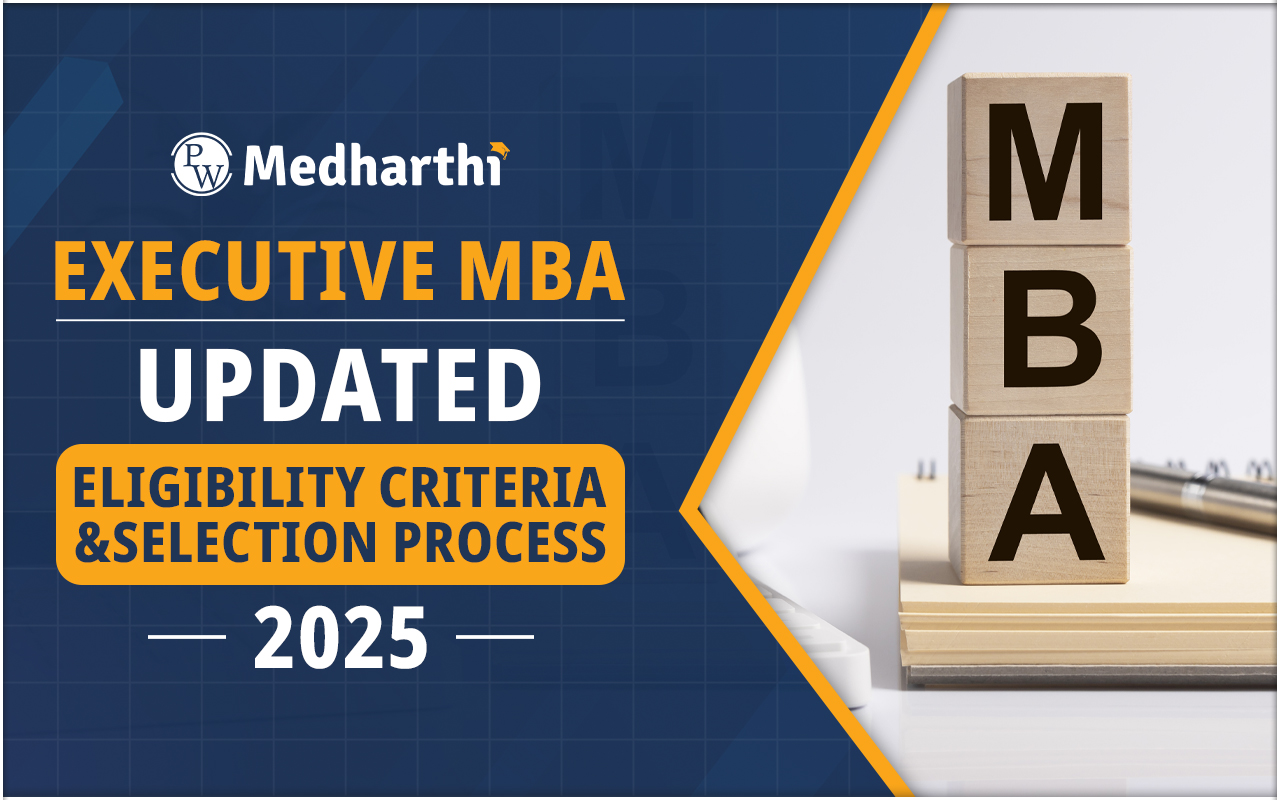

In today's dynamic economic landscape, having a robust understanding of finance, accounting, taxation, and investment strategies is vital for both aspiring professionals and established practitioners. Financial literacy has become a crucial skill set, whether one aims to manage personal wealth or pursue a career in the finance domain. Several courses are available to help individuals develop technical competencies and industry-relevant skills. Below is a detailed overview of some of the most recognized financial courses that can significantly enhance your knowledge and career prospects.
Finance Courses Provided by PW
Below is a curated list of finance courses designed to equip learners with essential skills in accounting, taxation, investment, and financial analysis, catering to both beginners and professionals aiming to advance their careers in the financial sector.
1. Stock Market for Beginners
The stock market is a vital component of the global financial system. A course tailored for beginners introduces participants to the foundational principles of equity markets, stock exchanges, trading strategies, and investment decision-making.
Key Learning Outcomes:
-
Understanding stock market terminology and operations.
-
Basics of equity, derivatives, mutual funds, and IPOs.
-
Interpreting stock charts, financial news, and market trends.
-
Introduction to trading platforms and investment tools.
2. TallyPrime Basic with GST Essentials
TallyPrime is an industry-standard software used for accounting, billing, inventory management, and taxation. The basic course with GST essentials is designed to help learners become proficient in fundamental accounting practices and tax compliance using TallyPrime.
Key Learning Outcomes:
-
Introduction to allyPrime’s user interface and features.
-
Managing accounts, ledgers, and financial transactions.
-
Generating invoices and maintaining records.
-
GST fundamentals, including registration, invoicing, and returns.
3. TallyPrime Advance with GST
The advanced TallyPrime course is a step up from the basic program. It dives deeper into complex accounting procedures, reporting, and tax compliance, offering comprehensive insights into managing an organization’s financial ecosystem.
Key Learning Outcomes:
-
Advanced accounting vouchers and cost center management.
-
Payroll configuration and employee management.
-
Multi-tax scenarios and GST reconciliation.
-
Generating statutory reports and financial statements.
4. Financial Modeling Course with Deloitte Learning Academy
Financial modeling is a critical skill for analysts, investment bankers, and financial planners. This course, offered in collaboration with Deloitte Learning Academy, emphasizes the use of Excel and advanced tools to create models that represent a company’s financial performance.
Key Learning Outcomes:
-
Building integrated financial statements (Income Statement, Balance Sheet, Cash Flow).
-
Forecasting revenue, costs, and profits.
-
Performing valuation using DCF (Discounted Cash Flow) and comparable company analysis.
-
Scenario and sensitivity analysis for risk assessment.
5. SEBI - Investor Certification
The Securities and Exchange Board of India (SEBI) promotes financial literacy and investor awareness through its certification programs. These certifications aim to protect investors and promote informed investment decisions.
Key Learning Outcomes:
-
Understanding of financial products and services regulated by SEBI.
-
Investor rights, redressal mechanisms, and regulatory framework.
-
Knowledge of mutual funds, bonds, equities, and risk management.
-
Ethical investment and prevention of frauds and scams.
6. Finance, Tax, and Accounting Course
This comprehensive course combines the three pillars of financial knowledge—finance, taxation, and accounting. It is designed to provide a well-rounded understanding of financial principles, statutory compliance, and analytical decision-making.
Key Learning Outcomes:
-
Basics of financial accounting and reporting.
-
Direct and indirect taxation (Income Tax, GST).
-
Budgeting, forecasting, and financial analysis.
-
Audit procedures and compliance documentation.
Universities to Consider for Online Finance Course
For individuals seeking to establish a strong foundation in finance or advance their careers in accounting, investment, or financial planning, several reputable universities in India offer online finance courses. These programs are designed to provide academic flexibility, industry-relevant curricula, and recognized certifications suitable for both entry-level and experienced professionals.
Universities to Consider for Online Finance Course UG Level
| Universities to Consider for Online Finance Course (UG) | |||
| University | Course | Fee (₹) | Eligibility |
| Manipal University Jaipur (MUJ) | BBA | ₹1,35,000 | 45% in 10+2 (40% for SC/ST) |
| BCom | ₹99,000 | 45% in 10+2 (40% for SC/ST) | |
| Chandigarh University (CU) | BBA | ₹1,68,000 | Pass in 10+2 |
| BCA | ₹1,70,664 | Pass in 10+2 | |
| JAIN University | BBA | ₹1,95,000 | Pass in 10+2 |
| BCom | ₹1,27,500 | Pass in 10+2 | |
| Amrita Vishwa Vidyapeetham | BBA (General/Digital/FinTech) | ₹1,50,000 – ₹2,19,996 | 45% in 10+2 |
| BCom | ₹1,20,000 | 45% in 10+2 | |
| Vivekananda Global University (VGU) | BBA | ₹1,14,000 | Pass in 10+2 |
| Shoolini University | BBA | ₹58,000 | 40% in 10+2 (35% for SC/ST/OBC/EWS) |
| NorthCap University | BBA | ₹72,000 | Pass in 10+2 |
Universities to Consider for Online Finance Course PG Level
| Universities to Consider for Online Finance Course (PG) | |||
| University | Course | Fee (₹) | Eligibility |
| MUJ | MBA | ₹1,75,000 | 50% in UG (45% for SC/ST) |
| MCom | ₹1,08,000 | 50% in UG (45% for SC/ST) | |
| SMU | MBA | ₹1,10,000 | 50% in UG (45% for SC/ST) |
| MCom | ₹79,000 | 50% in UG (45% for SC/ST) | |
| CU | MBA | ₹2,10,668 | Graduation pass (no % requirement) |
| MCA | ₹1,40,000 | Graduation pass | |
| JAIN | MBA | ₹1,96,000 | 50% in UG (45% for SC/ST) |
| MCom | ₹1,30,000 | 50% in UG (45% for SC/ST) | |
| Amrita | MBA (Finance, AI, HR, Ops) | ₹1,70,000 – ₹2,40,000 | 50% in UG (No quota relaxation) |
| MCom | ₹90,000 | 50% in UG | |
| DY Patil | MBA | ₹1,89,400 | 50% in UG (45% for SC/ST) |
| VGU | MBA | ₹1,30,000 | Graduation pass |
| Shoolini | MBA | ₹1,18,000 | 50% in UG (45% for SC/ST/OBC/EWS) |
| Shobhit | MBA | ₹1,12,600 | 50% in UG (45% for SC/ST) |
| NorthCap | MBA | Not specified | Contact university directly |
Considerations When Choosing a Financial Course
While each of the above courses caters to specific career goals, it is important to consider the following factors when selecting a financial course:
1. Career Objectives: Align your course selection with your career aspirations. For example, if you aim to work in investment banking, financial modeling is a must. Conversely, for accounting roles, TallyPrime and tax courses are more relevant.
2. Course Accreditation: Choose courses that are recognized by industry leaders or offered in collaboration with reputable institutions. Certifications from SEBI or Deloitte-affiliated platforms often carry significant weight.
3. Practical Exposure: Ensure the course includes case studies, projects, or hands-on experience. Financial concepts are best understood through real-world application.
4. Mode of Learning: Many institutions now offer these courses online, which allows working professionals to upskill without compromising their current job roles.
5. Cost vs. Return: Evaluate the course fee in relation to the knowledge gained and potential salary boost. Some short-term certifications can yield high returns with minimal investment.
| Online Degree Important Links | |
| Online MCA Programs in India | Online BCom Course |
| Online MCA Course | Online Degree Programs |
| Regular Degree Vs Distance Degree | BA Online Registration |
Finance Courses on FAQs
What is the best finance course for beginners?
Are these finance courses suitable for working professionals?
Is prior experience required to enroll in financial modeling courses?
What software will I learn in Tally courses?
Do these courses offer certification?













